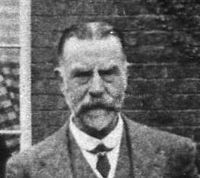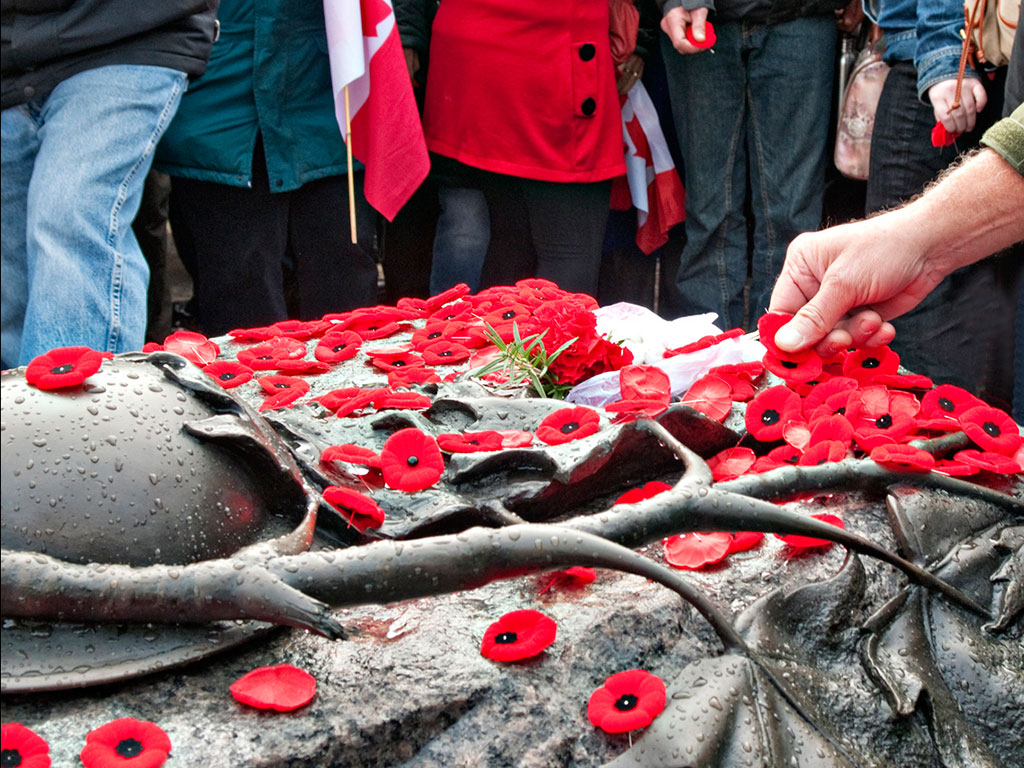Peace in our time, O Lord,
To all the peoples – peace!
Peace surely based upon Thy will
And built in righteousness.
Thy power alone can break
The fetters that enchain
The sorely stricken soul of life
And make it live again.
Too long mistrust and fear
Have held our souls in thrall;
Sweep through the earth, keen Breath of Heav’n
And sound a nobler call!
Come, as Thou didst of old,
In love so great that men
Shall cast aside all other gods
And turn to Thee again.
Peace in our time, O Lord,
To all the peoples – peace!
Peace that shall build a glad new world,
And make for life’s increase.
O living Christ, Who still
Dost all our burdens share,
Come now and dwell within the hearts
Of all men everywhere.
[masterslider id=”5″]
This hopeful prayer has been sung by Christians for over sixty years. Although many of us live in peaceful countries, still there is no worldwide peace, yet still we hope, pray and work towards it. Within our individual reach is inward peace that comes from welcoming Christ into our lives, as well as relational peace in our homes, neighbourhoods and workplaces.
 The author of the hymn, John Oxenham, lived from 1852-1941, and therefore had his share of wartime experience. He was a prolific English journalist, who also wrote hymns, poems and novels, often using this pen name, but he was actually named William Dunkerley. For journalism he used another pseudonym – Julian Ross. Dunkerley was born in Manchester, England, lived in America for a short time following his marriage, and returned to England to live in Ealing, West London. There he was a deacon and teacher at a church in the 1880’s, before moving to Worthing, Sussex in 1922. He became Worthing’s mayor. As John Oxenham, he wrote a best-selling book of poetry, Bees in Amber, and the poem, Greatheart. He contributed much to Jerome K. Jerome’s publication, The Idler.
The author of the hymn, John Oxenham, lived from 1852-1941, and therefore had his share of wartime experience. He was a prolific English journalist, who also wrote hymns, poems and novels, often using this pen name, but he was actually named William Dunkerley. For journalism he used another pseudonym – Julian Ross. Dunkerley was born in Manchester, England, lived in America for a short time following his marriage, and returned to England to live in Ealing, West London. There he was a deacon and teacher at a church in the 1880’s, before moving to Worthing, Sussex in 1922. He became Worthing’s mayor. As John Oxenham, he wrote a best-selling book of poetry, Bees in Amber, and the poem, Greatheart. He contributed much to Jerome K. Jerome’s publication, The Idler.
One of Dunkerley’s daughters, Elsie, became a prominent children’s author, particularly known for her Abbey Series of girls’school stories. Another daughter, Erica, wrote under the Oxenham pen name. A son, Roderic Dunkerley, had writing published under his own name. Clearly this was a literary family!
The tune often used for Peace in Our Time – Diademata – was written by George Elvey, and is also used for Crown Him with Many Crowns, with “Crowns” being the meaning of “Diademata”. In Salvation Army churches, sometimes the tune Peace is used. It was written in 1939 by Eric Ball, to accompany these words as he worked the melody into his band selection, The Triumph of Peace.





